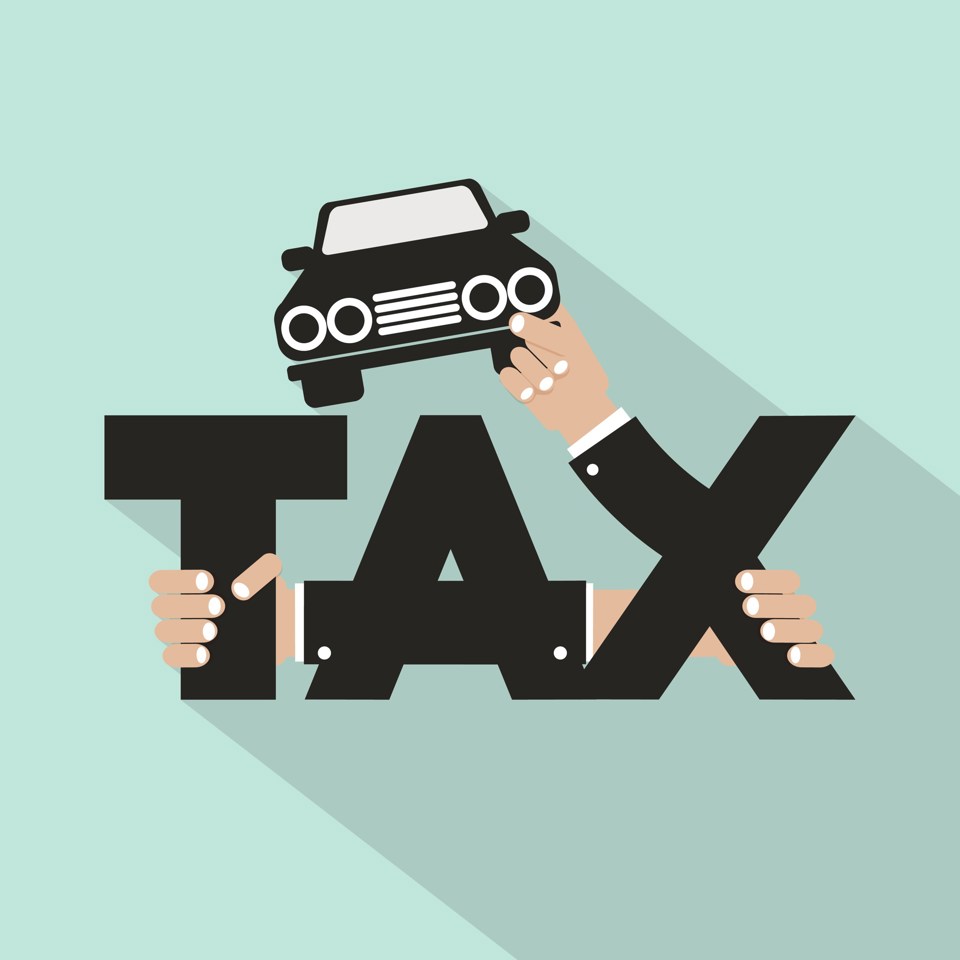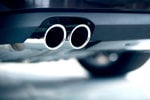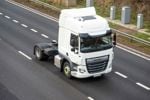A complete overhaul of the company car tax regime has been called for by nine out of 10 respondents to a Fleet News poll.
The Government announced in the 2013 budget that this year it would review the incentives for ultra-low emission vehicles (ULEVs) in company car tax, to inform decision-making on the regime from 2020-21 onwards. It is expected to make an announcement in the March 16 budget.
However, 94% of respondents to the Fleet News poll have urged the Treasury to take the opportunity to conduct a root and branch review of benefit-in-kind (BIK) tax.
Colin Tourick, Grant Thornton professor of automotive management at the University of Buckingham business school, said: “The current system stretches fairness and certainty to the limit, so perhaps now would be a good time to put things right.”
In an open letter to the Chancellor, Tourick says that BIK tax is designed to charge the employee for the benefit of having a car that is available to use for private mileage.
“In truth, an employee doesn’t benefit from having a car sitting on their drive at night, they benefit when they actually drive the car,” he said.
“However, BIK tax charges the employee the same amount whether they drive one or 10,000 private miles per annum. Can this be fair?”
Alastair Kendrick, tax director at MacIntyre Hudson, continued: “A fairer way would be to take in to account the actual benefit enjoyed by the driver, adding in an adjustment based on private over total use.
“This would be very much in line with the methodology adopted in other EU countries.”
The existing company car tax regime came into force in April 2002, replacing a system which had been worked out on the mileage covered during the course of business travel (see panel below).
Kendrick said: “I know that when the present rules were introduced HMRC liked the idea of some private use recognition, but this was considered difficult.
“However, now with mileage capture being in vogue this is something that could be seriously considered. It would be a far fairer basis.
“The question is about whether fairness comes into the debate. Or will the Government be concerned it may impact on their tax take.”
There is also the suggestion that, as well as CO2, company car tax should take account other pollutants such as nitrogen oxides (NOx).
Tourick said: “If you are going to change the tax system for business cars, you now have a golden opportunity to base it on more than one emission, including CO2, nitrogen oxides and particulates.
“The whole system – capital allowances, lease rental disallowance, BIK tax, national insurance and VAT – should reflect this.”
However, fleet body ACFO is wary of changing the current CO2-based regime.
It argues that it is “simple and straightforward” making it easy for fleet decision-makers and company car drivers to understand.
ACFO chairman John Pryor said: “Any tax system must be fair and equitable and ACFO believes that is the position with the current regime.
“Choice lists can be compiled and drivers can make their selections in the full knowledge of what their personal tax position will be.
“Contrast that with the previous regime, which encouraged employees to clock up mileage in pursuit of lower tax bills. That was not only unfair, but it also encouraged journeys, which contributed to traffic congestion and pollution.”
It is urging the Government to deliver a simpler, fairer company car tax regime and has made four policy recommendations to the Treasury.
They include: re-instating first year capital allowances; reversing the decision to keep the 3% diesel supplement until 2021; continuing to incentivise the purchase and use of ULEVs; and reforming BIK ratings, especially at the lower end of the emissions table.
Tourick said: “There appears to be a disconnect between the Government’s desire to encourage employees to take up low CO2 cars and the steep rise in tax that will be payable on these cars over the next few years.”
A company car driver with a vehicle emitting 1-75g/km of CO2 was taxed on 5% of the car’s list price last year and in four years’ time this will almost quadruple to 19%.
Peter Kowalczyk, fleet manager at Gamestec, believes the Government could incentivise ULEV drivers in other ways, not just through the tax regime.
“There should be a real benefit to change rather than a reduction in BIK tax,” he said.
“Free parking, free tolls, electricity rebates and free weekend public transport passes would provide a real incentive for fleets and drivers to switch to an ultra-low emission vehicle.”
David Millar, procurement manager at REL, added: “I believe that 100% electric vehicles should continue to enjoy 0% tax for at least a few more years to help encourage their uptake.”
Whatever the future direction of company car tax, what is abundantly clear is fleets require certainty to enable long-term decision-making.
Pryor explained: “It enables company car choice lists and vehicle selections to be made in the full knowledge of what the tax burden will be during a company car’s typical lifecycle.
“The Government must retain that policy of announcing tax rates four or even five-years in advance.”
It is exactly the reason why the fleet industry was unified in its condemnation of the chancellor’s decision to retain the 3% diesel supplement.
Pryor said: “The decision was a knee-jerk reaction to an issue external to the tax system. That does not aid long-term company car policy planning and undermines fleet confidence in the Government.”
How and when did the current regime start?
The Government announced its intention to reform the company car tax system in order to help protect the environment in 1999.
The details were announced in the 2000 budget and the new rules came into force in April, 2002, replacing a regime which had been worked out on the mileage covered during the course of business.
The new system was instead based on a percentage of the car’s P11D price, graduated according to its carbon dioxide (CO2) emissions.
It was designed to provide financial incentives for employers and company car drivers to choose cars that produce lower CO2 emissions. It was also aimed at encouraging carmakers to develop and introduce greener cars.
The new rules were part of a wider package of measures aimed at tackling climate change and greenhouse gas emissions, which were introduced by the then Labour Government.





















Derek Webb - 09/02/2016 12:12
Whilst I agree that the current BIK system is inflexible and in very many cases unfair but like most "reviews" of taxation this will probably mean an increase in tax in one form or another so I do wonder if Salary Sacrifice car schemes will fall under perceived BIK in this review. Can a person walking into a showroom to buy a car get the same deal on the same car as someone on an employers SS scheme ?